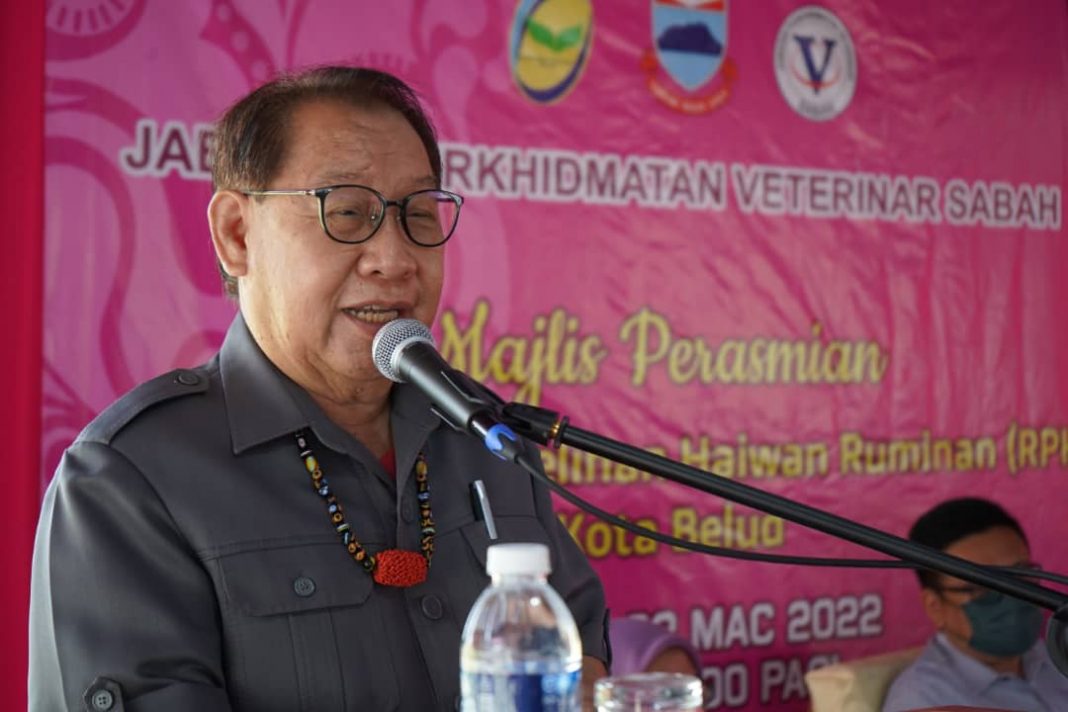KOTA BELUD: The opening of a new RM1.35 million abattoir at Kota Belud today has been hailed as ‘vital’ for Sabah’s meat and livestock industry.
Agriculture and Fisheries Minister Datuk Seri Panglima Dr Jeffrey Kitingan said the completion of the million-ringgit project is also a good sign as it coincides with the one-year anniversary of the government’s Sabah Maju Jaya initiative.
“Abattoirs are critically important for the meat and livestock industry. The previous abattoir in the district was severely damaged by the 2015 flood and since that time, the government has been working on this new, modern abattoir to suit industry’s demands,” he said.
The newly constructed abattoir is located on a higher ground, away from the river.
“The ministry also took great precautions to avoid water pollution, and the abattoir was built to the latest specification to prevent abattoir wastewater from seeping into the groundwater,” he said.
Kitingan added that the ministry’s Department of Veterinary Services (DVS) is preparing to construct two more abattoirs, both in Keningau, later this year with completion due next year.
According to him, last year, abattoir services brought in more than RM700,000 in revenue for the government.
On another note, Kitingan said his ministry is investigating the possibility of upgrading the facilities at the Sabah Agriculture Institute in Timbang Menggaris to include veterinary programmes up to the bachelor’s degree level.
He hoped that this initiative would aid in resolving Sabah’s veterinarian shortage, which some livestock farmers have linked to a high rate of death among their animals.
Commenting on the rising price of animal feed, DVS Director Dr Normah Yusop said the issue is not a local problem as the whole world is now experiencing a shortage of animal feed raw materials.
“The high cost of operation is also one reason why farmers limit the number of their livestock. To assist these farmers, the department is broadening its source of animal feed raw materials.
“This includes working closely with the Agriculture Department to cultivate corn and turn it into animal feed. It is hoped that these locally produced grains would be able to meet demand while also help farmers diversifying their animal feed sources,” he said.-pr/BNN






